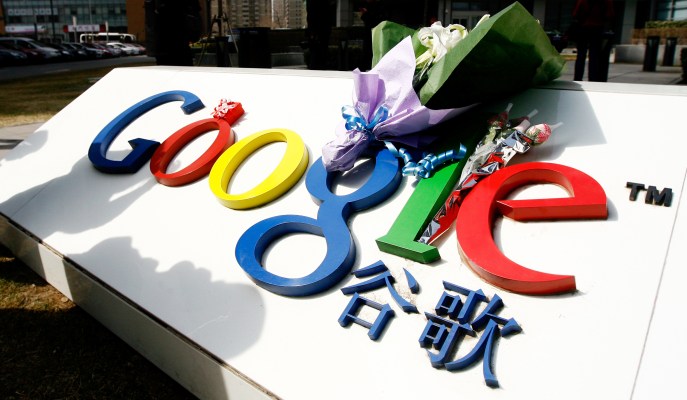By now, you’ve probably heard about the tweet heard ‘round the world, or at least, the part of the world where Mandarin is spoken. The GM of the Houston Rockets basketball franchise wrote a tweet — since deleted — supporting the democracy protesters that have lit up Hong Kong these past few weeks.
As Eben Novy-Williams of Bloomberg wrote, “Through decades of painstaking deal-making, the NBA created a multibillion-dollar opportunity in China, the world’s second-largest economy. Now a single swiftly deleted tweet has put all that time and money in jeopardy.”
It’s a situation that’s becoming increasingly typical for American companies, technology or not. Apple pulled the Taiwanese flag emoji from keyboards in Hong Kong and Macau this weekend, lest it lose its lucrative, mostly-iPhone market that accounted for $10 billion in revenues in its last quarter. US-headquartered airliners had to change the pulldown options in their checkout flows to avoid mentioning Taiwan last year, lest they lose access to Chinese airspace.
One wonders what kind of a business empire can collapse with a single dropdown menu item?
Or a single emoji?
Or a single tweet?
Businesses are not supposed to be this brittle, but American companies continue to approach the mirage of the Chinese economy as if it is open for the taking, and that the American consumer (and their representatives in Washington) are going to continue to ignore the “authoritarian straddle” these companies have to undertake to appease Beijing while trying to not displease Washington.
Despite all evidence to the contrary that such a straddle is impossible though, they keep on coming.
Just this past week, PayPal announced that it was entering mainland China through its acquisition of GoPay, becoming the first foreign payments provider in the highly-digitalized economy. Over the past year, MSCI, the creator of some of the most important stock indices in the world, has increasingly shifted weight to Chinese stocks, sending billions of dollars to mainland companies.
What is surprising is that this whole rise-and-fall, can-we-get-in-and-stay-in story was already written by Google almost exactly a decade ago. Google worked hard for years to cement itself on the mainland, but following a series of hacks that targeted political dissidents using its Gmail service, Google announced that it was leaving the country in 2010, redirecting users to its Hong Kong search engine.
Since that decision, Google has had very little access to mainland China, nor have any other prominent American tech companies. The one notable exception has been LinkedIn, which has engaged in aggressive censoring of speech in China in order to keep the lights on (although, given the speech I read on LinkedIn, one wonders whether a complete blackout in America wouldn’t do us all a favor).
As much as Google’s executives (and its shareholders) may have wanted to re-enter China though, it seems obvious that the enforced lack of access has ultimately been a godsend for the company’s policy decisions. For a decade, it barely had to handle the authoritarian straddle, and could center itself on individual choice, open access to the internet, and freedom of speech with minor reservations.
Sure, the economic mirage of China continued, and even Google couldn’t maintain its patience, attempting to launch its Project Dragonfly censored Chinese search engine to much outcry, ultimately to shelve it, giving its leadership a bit of a black eye. But Google is now out of the authoritarian straddle once again — and out of harms way. That ultimately is the solution that the NBA needs.
Beijing has its rules. Google, United Airlines, the NBA, and even Apple has no sway over them. Not even tens of billions of dollars of threatened tariffs from the Trump administration have made a dent in any of the CCP’s policies.
Maybe it’s time to take the hint, pack the balls up, and walk home.
